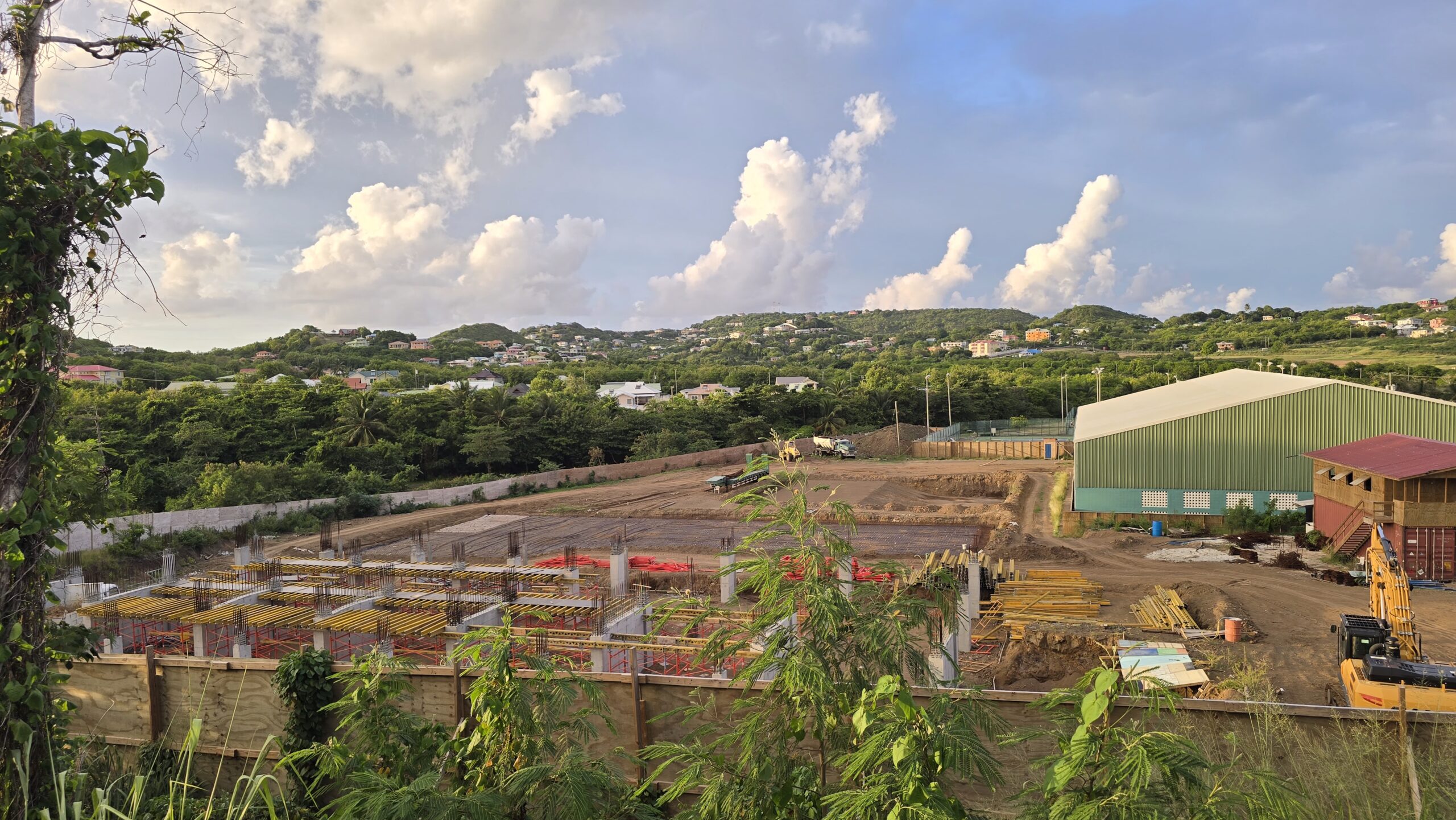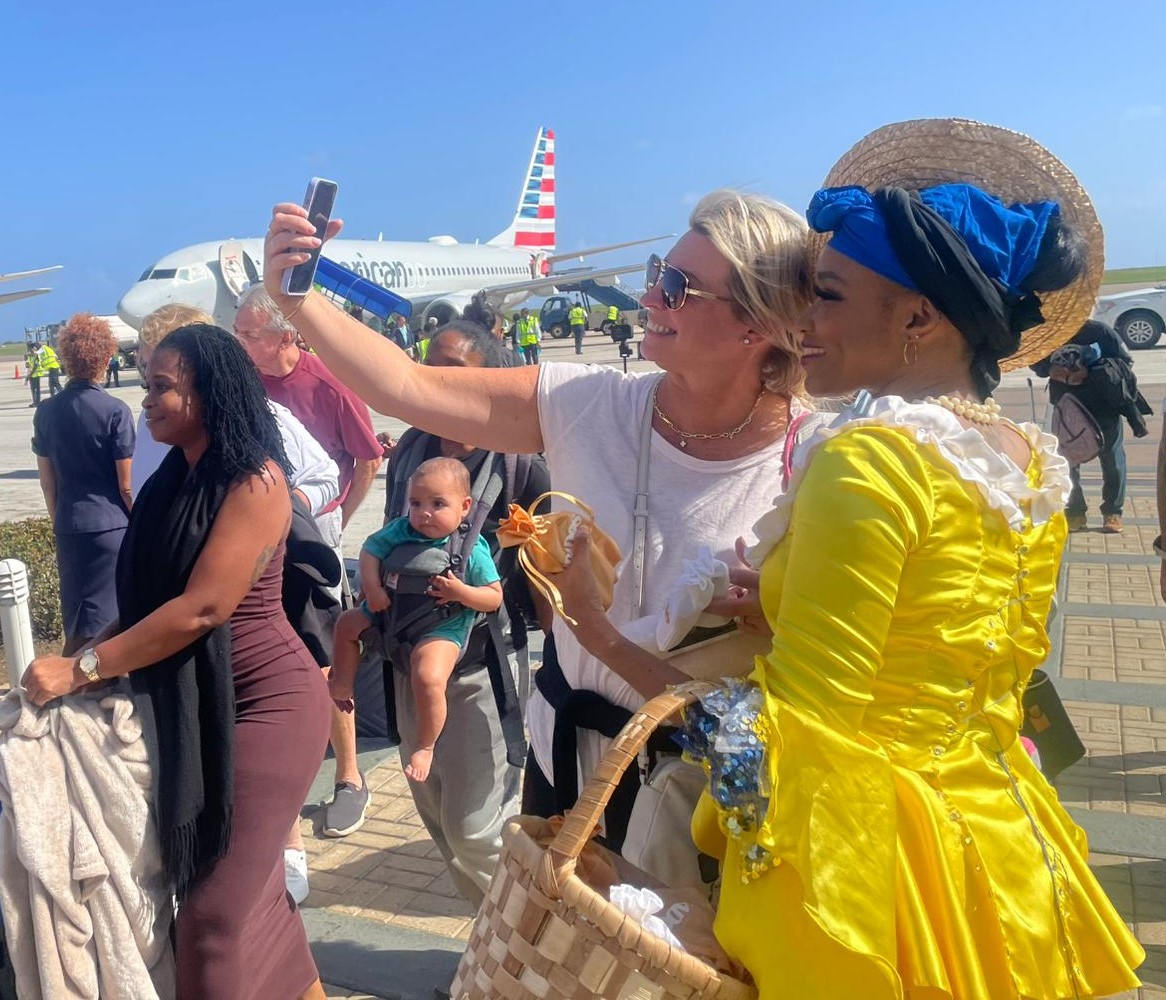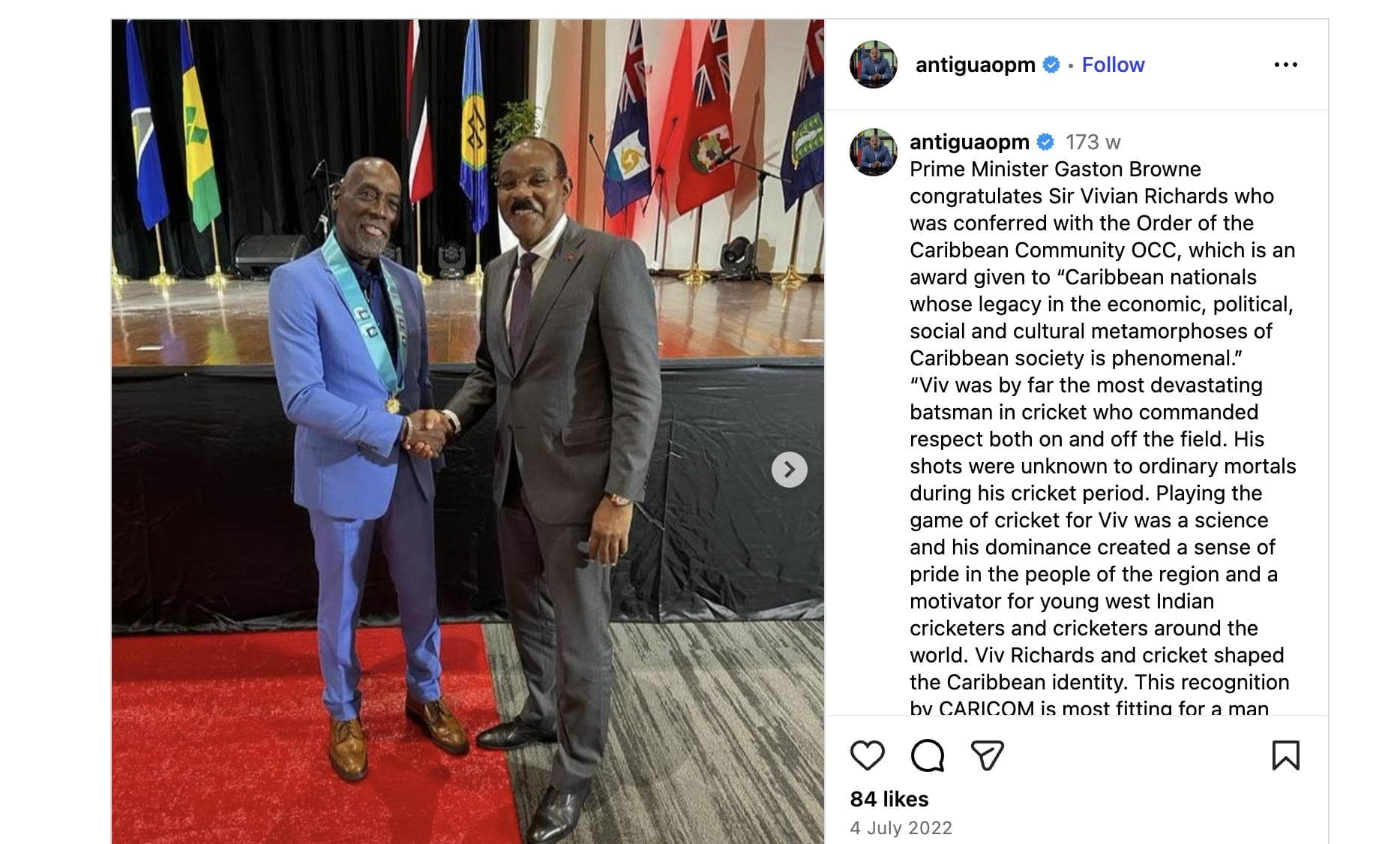Construction of the Saint Lucia National Aquatic Centre (NAC) is well underway, with completion targeted for October 2026. This state-of-the-art facility is poised to host the prestigious 2027 CARIFTA Aquatic Championships from March 27-31, marking a significant milestone for the nation’s sporting infrastructure. Minister for Youth Development and Sports, Kenson Casimir, expressed unwavering confidence in the project’s timely delivery and its potential to elevate Saint Lucia’s standing in regional sports. Excavation commenced in April 2024, following the 28th CARIFTA Championships in Trinidad and Tobago. Eddie Hazell, former president of the Saint Lucia Aquatics Federation, emphasized the urgency of completing the facility ahead of the 2027 event. The modular pool, stored since early 2023 by Hazell’s company, West Indies Shipping & Trading, is a key component of the project. The NAC, located in Gros Islet, will complement existing sports facilities, including the Beausejour Gymnasium and the National Tennis Centre, near the iconic Daren Sammy Cricket Ground. Contractor IDC (Caribbean) Holdings Ltd, a renowned engineering firm with expertise in civil engineering, is overseeing the construction. Casimir highlighted the ongoing progress, noting that additional equipment from China is expected to accelerate the pace of work. Once operational, the NAC will be the first Olympic-size swimming venue in the sub-region, providing elite local swimmers with access to a 50m pool without the need to travel abroad. The facility is also anticipated to host the 34th OECS Swimming Championships in 2026. The 2027 CARIFTA Aquatic Championships will bring together over 500 participants, officials, and fans from 24 territories, showcasing Saint Lucia’s growing prominence in aquatic sports.
博客
-

€15.000 beloning voor tip over verdachten moord Sherwin Peterhof
The Dutch authorities have announced a €15,000 reward for information leading to the arrest of Denise Soekra (57) and Claimond Maes (42), who are suspected of involvement in the murder of Sherwin Cedric Peterhof. Peterhof’s body was discovered buried in a cornfield in Meer, Belgium, on August 15, 2025. The gruesome discovery was made by a local farmer, who immediately alerted the authorities. Investigations reveal that Maes arrived in Suriname on August 14, just one day before the body was found, followed by Soekra five days later. There is strong suspicion that the two suspects are still in Suriname, having not left through official channels. In the Netherlands, five individuals have already been arrested in connection with the case: a 40-year-old woman from Amsterdam, a 31-year-old man from Rotterdam, a 43-year-old man with no fixed address, and two 40-year-old men from Rotterdam. Peterhof, born in Suriname, had been visiting family in the Netherlands since February 2025 and was scheduled to return on April 30. He was last seen alive near Bijlmer ArenA station in Amsterdam on August 5. Ten days later, his body was found buried in a cornfield. The Dutch authorities, supported by international law enforcement, are urging the public to remain vigilant and report any suspicious activities or information. ‘We call on everyone to report any information or suspicious situations immediately. Together, we contribute to a peaceful and safe Suriname,’ stated the authorities.
-
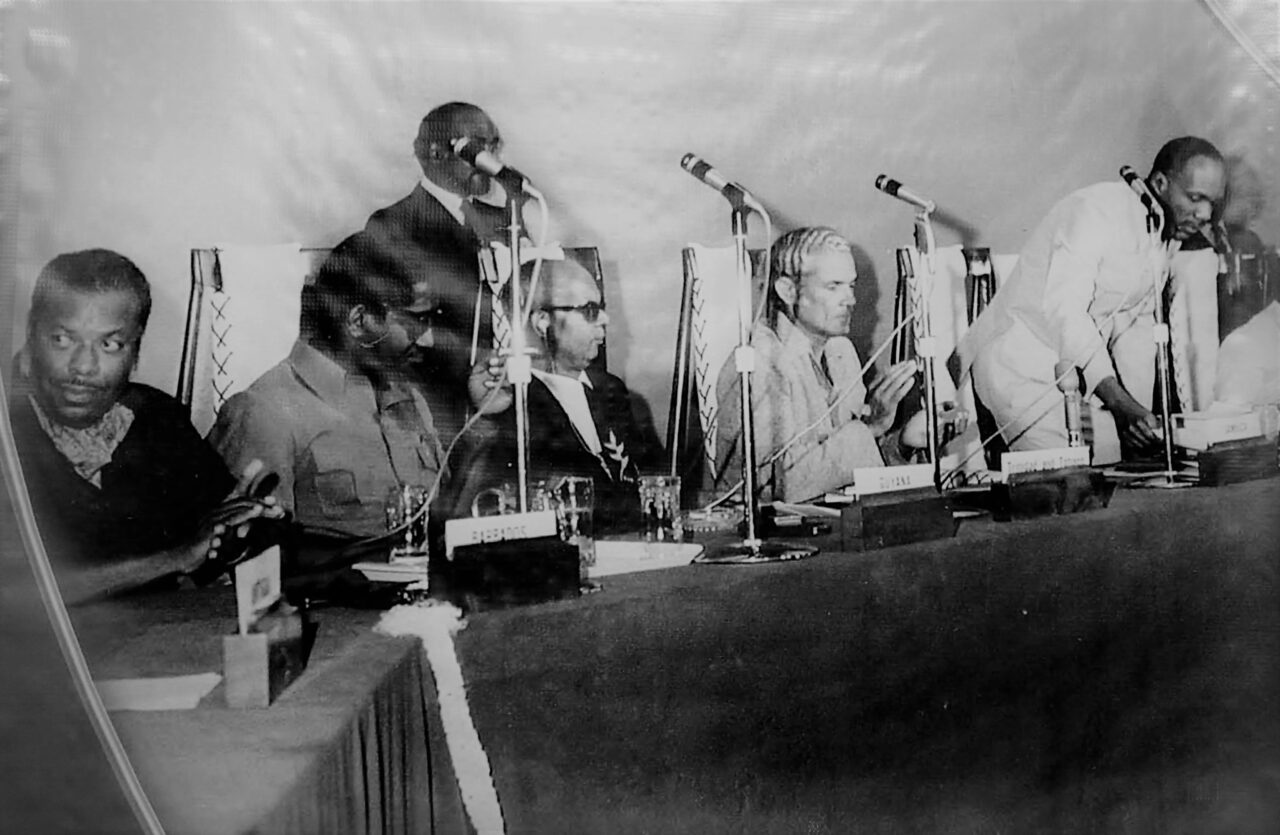
EDITORIAL: Zone of Peace: Reality or fallacy
Since the Treaty of Chaguaramas in 1973, Caribbean leaders have consistently advocated for the region to remain a zone of peace, free from foreign military intervention and domination. This vision, however, has been tested by a history marked by colonial struggles, slavery revolts, and political instability. Nations like Haiti have endured multiple coups, while events such as the Grenada Revolution and subsequent U.S. invasion in 1983 underscore the region’s turbulent past. Even Trinidad and Tobago experienced a brief coup in 1990. By the 2000s, the Caribbean had achieved relative stability, though political unrest and racial tensions persisted in some areas. In 2014, the Community of Latin American and Caribbean States (CELAC) declared the region a ‘Peace Zone,’ emphasizing peaceful conflict resolution and international law. Recent U.S. military activities, particularly targeting drug trafficking, have reignited concerns about foreign intervention. CARICOM has reaffirmed its commitment to peace, sovereignty, and combating narco-trafficking and illegal arms trade. However, the rise in gang violence, homicides, and drug trafficking poses significant challenges to this vision. Regional leaders must address these issues with decisive action to ensure true peace and security for all Caribbean citizens.
-
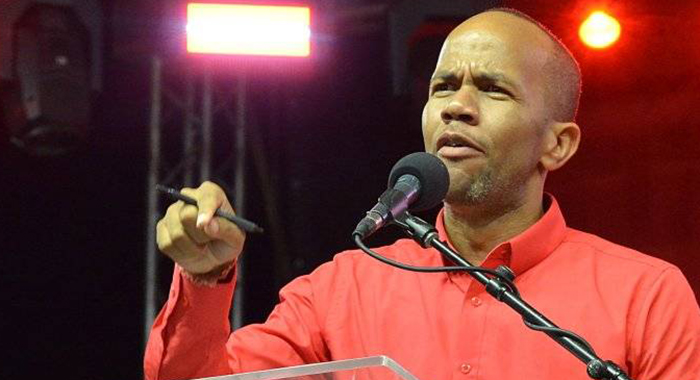
Luke cites health minister stint as he makes 4th East K’town bid
Luke Browne, a seasoned politician and former Minister of Health, is embarking on his fourth campaign to secure the East Kingstown constituency for the Unity Labour Party (ULP). Addressing supporters in Richmond Hill, Browne expressed confidence, stating, “East Kingstown is finally going to come home to Labour.” This constituency has been a stronghold of the New Democratic Party (NDP) for the past four decades, making Browne’s challenge a significant political endeavor.
-
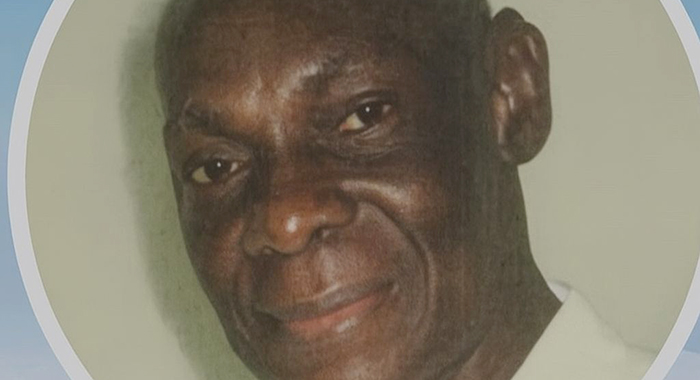
The passing of a generation
The village of Lowmans Hill is in mourning following the recent passing of Leroy Fairbairn, just days after the death of his younger brother, Solomon, affectionately known as So-Lo. Both brothers, pillars of their community, succumbed to prostate cancer, leaving behind a legacy of hard work, discipline, and community service. Their deaths, occurring within the same week, have left an indelible mark on their family and the village they called home. Leroy, known for his generosity and quiet pride, was a farmer and community member who lived a balanced life, embodying the values of his generation. Solomon, equally respected, shared his brother’s commitment to their community. The Fairbairn family, known for their God-fearing and disciplined upbringing, has now lost two sons to cancer, a tragedy that underscores the broader issue of cancer’s impact on rural communities. The brothers’ passing signifies more than personal loss; it marks the gradual transition of a generation that built and sustained Lowmans Hill. Their lives, though cut short, were filled with purpose and service, leaving a legacy that will not be forgotten. The village, while grieving, finds solace in the memories of their contributions and the enduring impact they had on those around them.
-
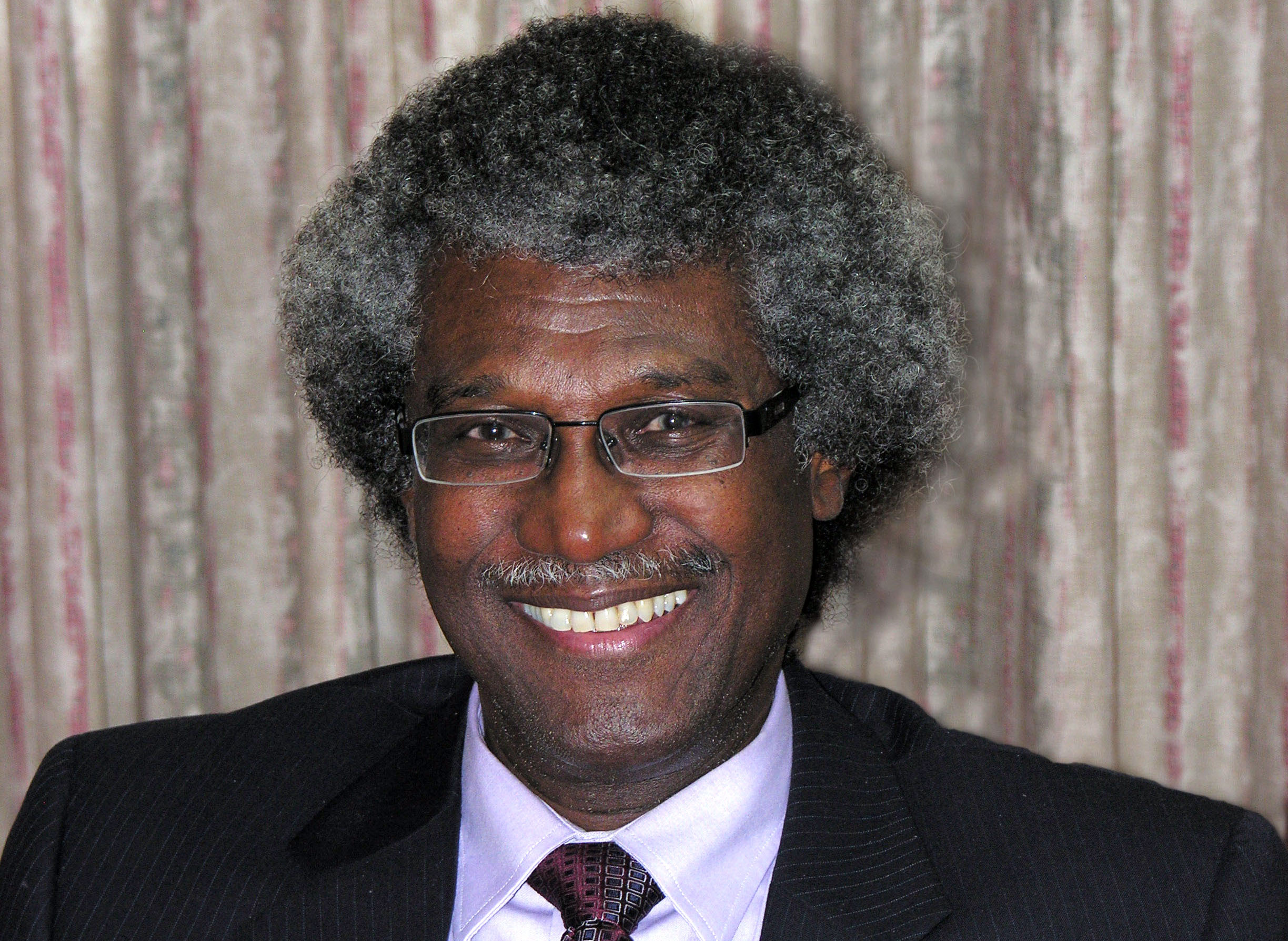
OPINION: An open letter to the Archbishop of Saint Lucia
In a thought-provoking critique of school grooming policies, the author challenges Archbishop Gabriel Malzaire’s defense of the status quo, arguing that current standards are rooted in Eurocentric norms that suppress black cultural identity. The Archbishop’s assertion that the Ministry of Education’s intervention undermines school authority is met with skepticism, as the author highlights the discriminatory nature of ad hoc policies that disproportionately affect black students. These policies, which enforce Eurocentric ideals of neatness and tidiness, often require black students to conform to arbitrary hair length standards while exempting non-curly-haired students from similar restrictions. This double standard perpetuates a somatic norm image that alienates black students from their cultural heritage. The author questions the Archbishop’s assumption that permitting natural hairstyles would lead to ill-discipline, pointing out that there is no empirical evidence to support this claim. Instead, the author argues that embracing black hair in schools would foster self-expression, cultural pride, and critical thinking among students. The critique also addresses the Archbishop’s fear that allowing diverse hairstyles would foster individualism at the expense of community identity. The author counters that true community identity must include the unique cultural expressions of its members, particularly those of black students. The article concludes with a call for the Archbishop and other stakeholders to re-examine their implicit assumptions and embrace policies that reflect the cultural realities of a predominantly black population. By doing so, schools can become spaces where students are empowered to value their natural beauty and cultural heritage, rather than conforming to outdated colonial standards.
-
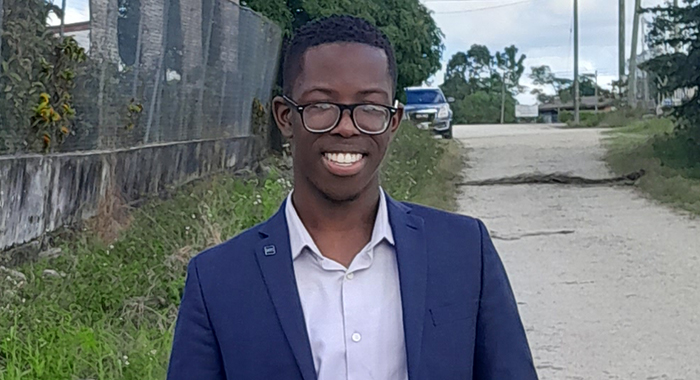
Hope for the best, prepare for the worst
The Caribbean region finds itself at a critical crossroads as escalating tensions between the United States and Venezuela threaten to destabilize the area. Recent military actions, including a strike on a speedboat in international waters allegedly carrying Trinidadian fishermen, have heightened fears among local communities. The U.S. has bolstered its naval presence in the region, citing efforts to combat drug trafficking, but many view these moves as part of a broader geopolitical strategy. This has left Caribbean citizens, particularly fishermen, living in fear of violent, extrajudicial consequences. The lack of clear communication and leadership from Caribbean Community (CARICOM) leaders has only exacerbated the situation. CARICOM, established in 1973 to coordinate foreign policies and ensure regional security, has failed to address the crisis effectively. Citizens are calling for an emergency session to discuss the conflict and demand a joint statement outlining a path forward. Historically, the Caribbean has been a bastion of peace, often mediating disputes in Latin America. However, the current silence from regional leaders risks undermining this legacy. The region’s collective voice, amplified through organizations like the United Nations and the Organisation of American States, holds significant potential to influence global discourse. Yet, without decisive action, the Caribbean risks becoming collateral damage in a conflict that could have dire consequences for its people and economies. Long-term solutions, such as bolstering national security and drafting evacuation plans, are essential. The time has come for Caribbean leaders to demonstrate true statesmanship and prioritize the safety and well-being of their citizens over political posturing.
